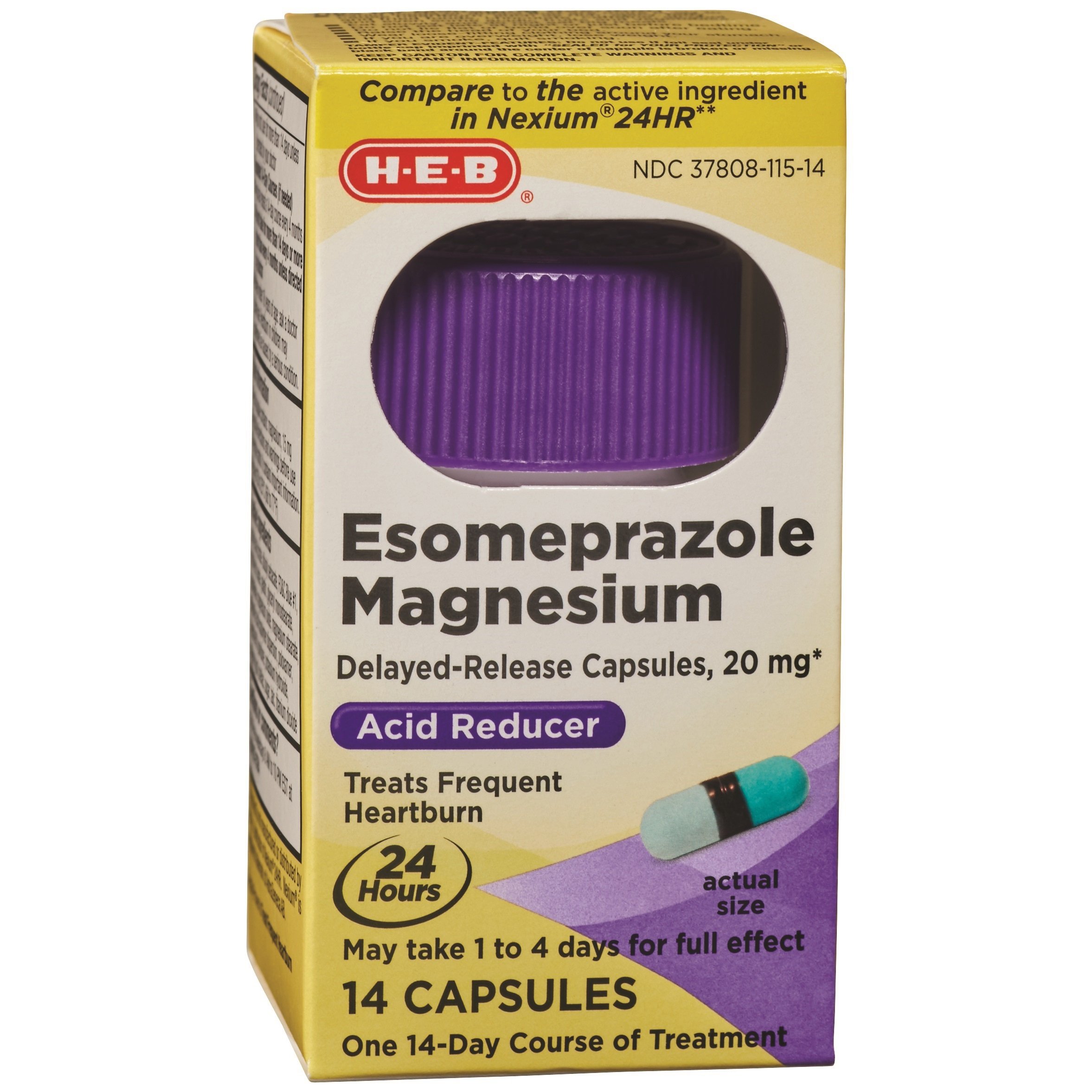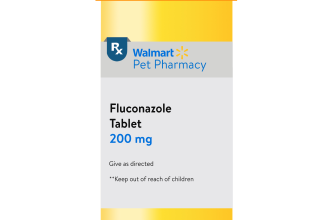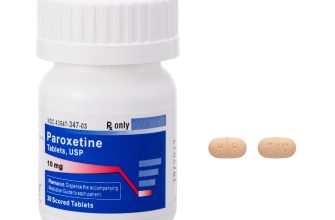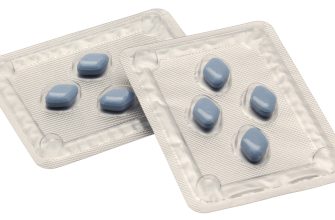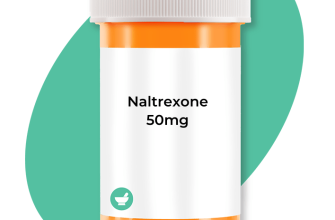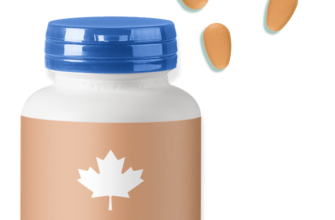If you are seeking a solution for acid-related disorders, consider esomeprazole, the generic version of Nexium. This medication effectively reduces stomach acid production, alleviating symptoms of gastroesophageal reflux disease (GERD), ulcers, and other acid-related conditions. By inhibiting the proton pump in the stomach lining, esomeprazole promotes healing and offers relief from discomfort.
Many patients find that switching to the generic form offers significant savings without compromising quality. Esomeprazole is clinically proven to provide the same therapeutic benefits as its branded counterpart, allowing for effective management of acid-related issues. Always consult with your healthcare provider to find the dosage that suits your needs, as individual responses may vary.
In addition to cost savings, esomeprazole is available in various formulations, making it convenient to incorporate into your daily routine. Whether you prefer delayed-release capsules or oral suspension, you can choose the option that fits your lifestyle best. Keep track of your progress and communicate openly with your physician to ensure optimal use of this medication for your condition.
Esomeprazole: Understanding the Generic Alternative to Nexium
Esomeprazole serves as a reliable generic alternative to Nexium, providing similar therapeutic benefits. It effectively reduces stomach acid production, benefiting those with gastroesophageal reflux disease (GERD) and related conditions. Patients can find Esomeprazole at a lower cost, making it an accessible option without compromising quality.
Comparative Effectiveness
Research shows that Esomeprazole and Nexium share the same active ingredient, ensuring they work similarly in alleviating symptoms associated with acid-related disorders. Studies indicate comparable healing rates for esophagitis and similar acid suppression levels. This equivalency offers confidence in choosing Esomeprazole without fear of losing therapeutic benefits.
Dosing and Availability
Esomeprazole typically comes in various forms, including capsules and injectable solutions, providing flexibility based on patient needs. The common dosing regimen mirrors that of Nexium, which usually ranges from 20 mg to 40 mg once daily. Always consult with a healthcare provider to determine the most suitable dosage and ensure safe usage.
Cost-Effectiveness and Accessibility of Esomeprazole Compared to Nexium
Esomeprazole, the generic form of Nexium, offers significant cost savings while maintaining comparable efficacy. Patients can save up to 70% on their medication costs by choosing the generic option. Pharmacies often stock esomeprazole, making it widely available and accessible for those needing acid reflux treatment.
Insurance plans frequently cover esomeprazole more favorably than branded Nexium, further driving down out-of-pocket expenses. Generic medications typically face less stringent regulations, allowing for quick approval and market entry, ensuring that esomeprazole is readily available after the patent expiration of Nexium.
For patients with chronic conditions requiring consistent medication, the affordability of esomeprazole is vital. Most doctors recommend it, considering both financial and therapeutic outcomes. Studies show that patient adherence improves with lower costs, leading to better health results and fewer hospital visits.
While both options effectively manage symptoms, esomeprazole’s lower price point and accessibility make it a preferred choice for many. Patients should consult with their healthcare provider to discuss the best option for their treatment plan and consider the financial benefits of choosing the generic version.
Clinical Efficacy: Comparing Esomeprazole and Brand-Name Nexium
Esomeprazole, the generic form of Nexium, demonstrates similar clinical efficacy in treating gastroesophageal reflux disease (GERD) and peptic ulcers. Studies have consistently shown that both the generic and brand-name versions deliver equivalent therapeutic outcomes, including symptom relief and healing rates.
Comparative Studies
Research indicates that patients using esomeprazole experience comparable acid suppression and symptomatic relief as those taking Nexium. A meta-analysis across multiple clinical trials highlighted that the therapeutic effects on esophageal healing and reduction in heartburn episodes were statistically indistinguishable between the two formulations. Dosage variations remain consistent, with the recommended dosage typically ranging from 20 mg to 40 mg once daily, regardless of the brand.
Side Effect Profile
While both forms share a similar side effect profile including headache, nausea, and abdominal pain, variation in individual responses may occur. Patient-reported outcomes suggest that adherence rates do not significantly differ between the two, indicating that both options are similarly well-tolerated by the majority of patients. Pharmacoeconomic data further affirms that switching from brand-name Nexium to esomeprazole can lead to significant cost savings without compromising treatment quality.

